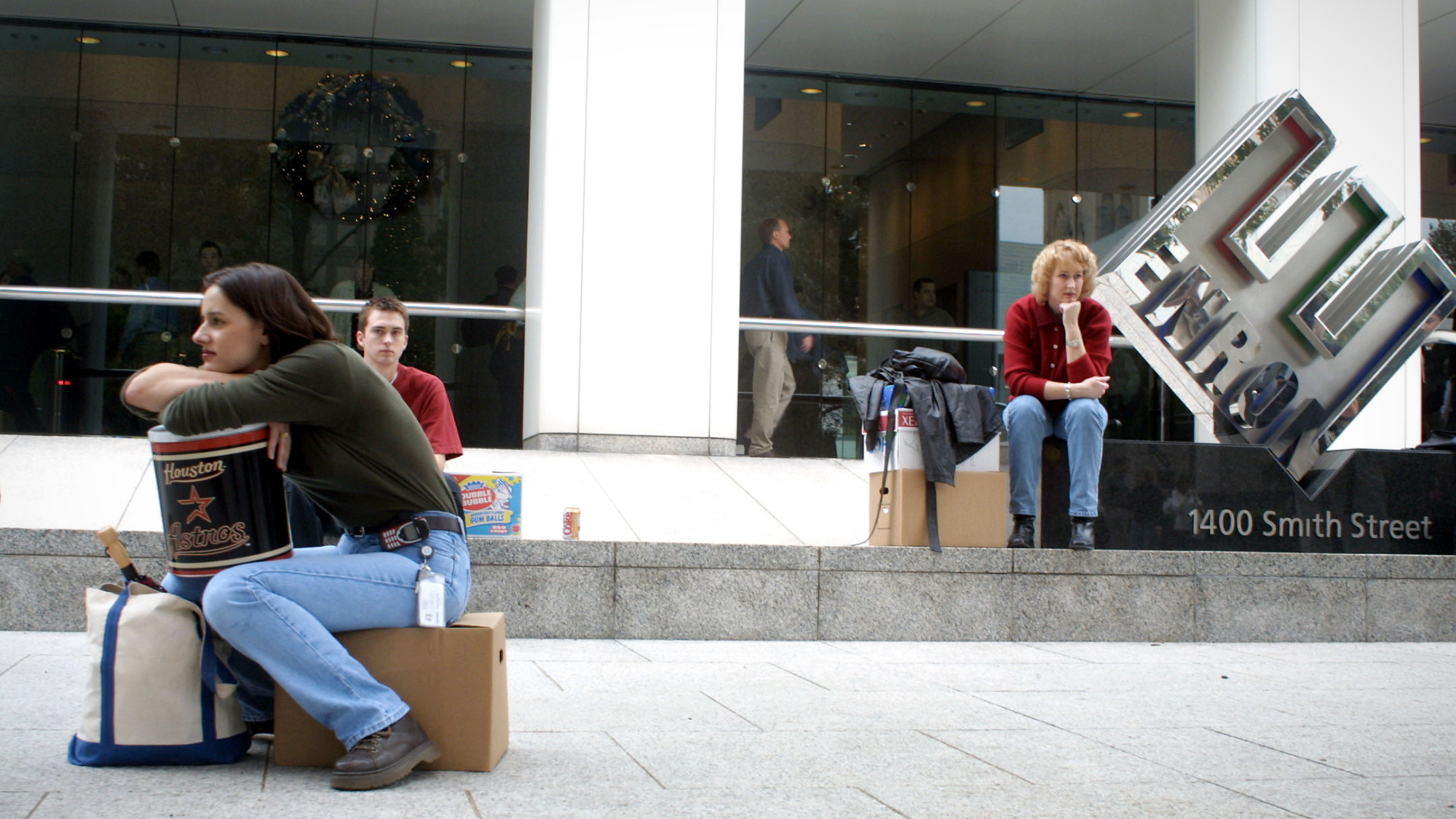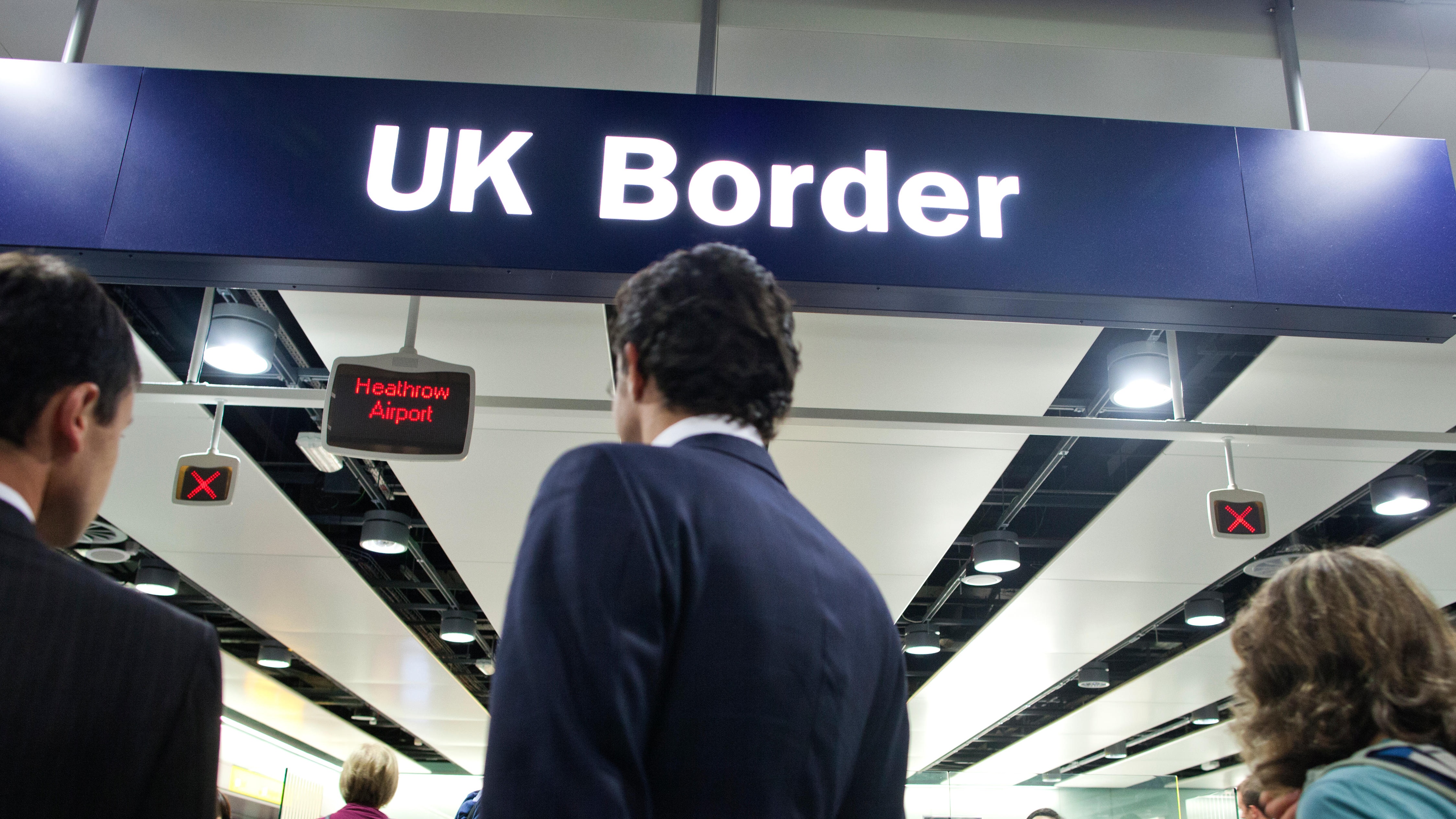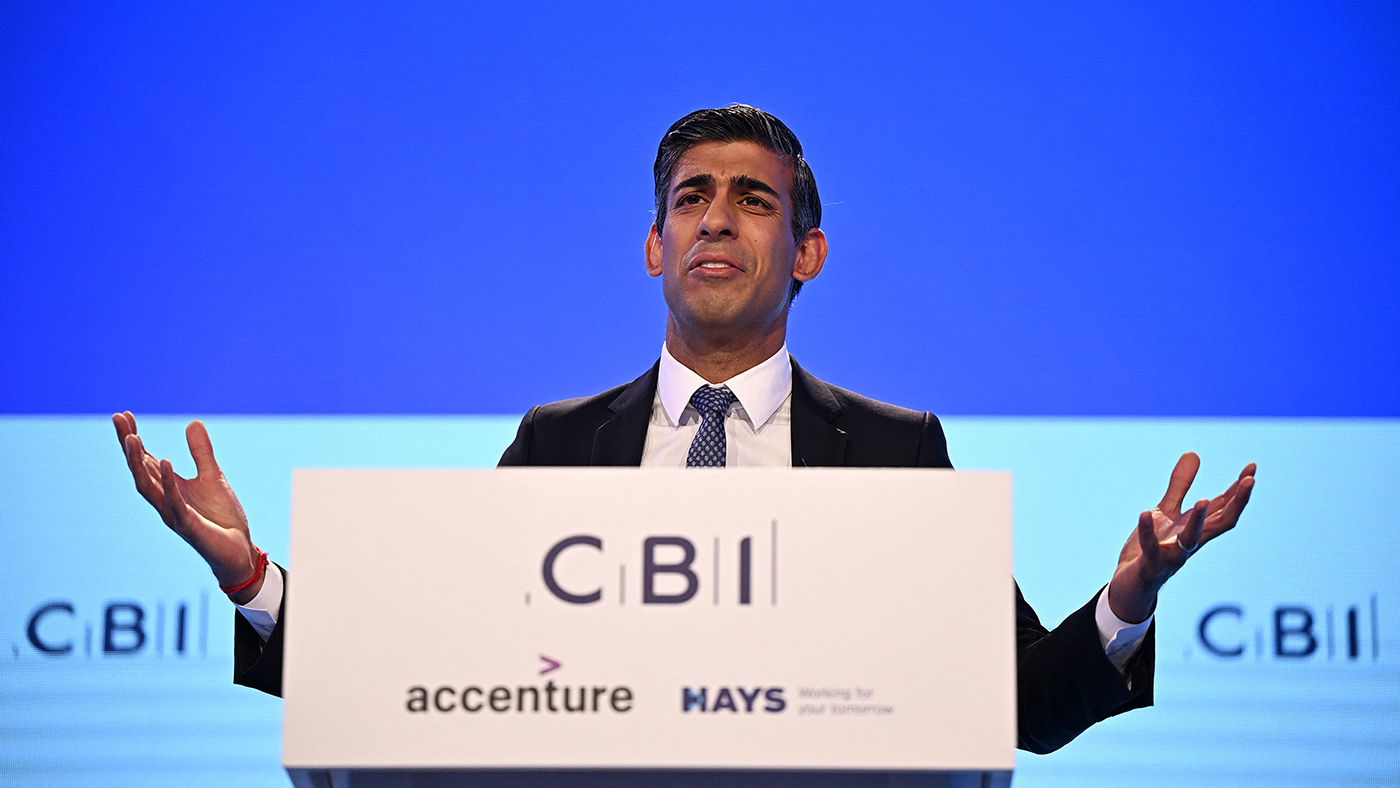A ‘gift’ for scammers: the true cost of furlough fraud
Minister for counter-fraud resigns over the government’s ‘schoolboy errors’

A free daily email with the biggest news stories of the day – and the best features from TheWeek.com
You are now subscribed
Your newsletter sign-up was successful
With “Partygate” still dominating the headlines it was always going to be a tough start of the working week for Boris Johnson. The prime minister’s Monday, however, got even worse when his counter-fraud minister quit over the government’s decision to write off £4.3bn in fraudulent Covid loans.
At the dispatch box in the House of Lords yesterday, Theodore Agnew “staged a dramatic public resignation”, The Guardian said. Lord Agnew, who was a Treasury and Cabinet Office minister, said his decision was not an attack on the PM, but the row will leave Johnson “fighting Conservative anger on yet another front”, the paper added.
Reading out his resignation speech in response to a question from Labour, Agnew accused the government of making “schoolboy errors” by giving loans to more than 1,000 companies who were not trading when the pandemic struck, the BBC reported.
The Week
Escape your echo chamber. Get the facts behind the news, plus analysis from multiple perspectives.

Sign up for The Week's Free Newsletters
From our morning news briefing to a weekly Good News Newsletter, get the best of The Week delivered directly to your inbox.
From our morning news briefing to a weekly Good News Newsletter, get the best of The Week delivered directly to your inbox.
Calling the oversight of the scheme “nothing less than woeful”, he added: “Given that I am the minister for counter-fraud, it would be somewhat dishonest to stay on in that role if I am incapable of doing it properly.”
‘Enormous wage bailout’
When Rishi Sunak first announced details of the Coronavirus Job Retention Scheme in March 2020, he declared that Britain was facing a “generation-defining moment” and that “unprecedented measures” were needed to protect the futures of businesses and workers.
Described as an “enormous wage bailout” by The Times, the furlough scheme saw the government pay 80% of people’s salaries, up to £2,500 a month, if they were put on leave as a result of the pandemic. VAT payments were also deferred and out of work benefits were increased.
Helping employers retain staff during the pandemic, the furlough scheme came into effect on 20 April 2020. After 529 days, including a period of winding down, it officially came to an end on 30 September last year.
A free daily email with the biggest news stories of the day – and the best features from TheWeek.com
Since its launch, 11.6m jobs were supported by the scheme and Bloomberg reported in October that the UK spent £69bn paying the wages of furloughed workers. “That’s a huge sum”, the BBC said, “around one fifth of the money the government has spent on the response to Covid”.
Tip of the iceberg?
In August 2020 a study by academics at Oxford, Cambridge and Zurich universities revealed “widespread abuse” of the scheme. Surveys of almost 9,000 furloughed workers found that 63% – which equates to around six million nationwide – carried on working, putting in an average of 15 hours of illegal labour a week.
The HMRC said “from the beginning” that the furlough programme, the Self Employment Income Support Scheme (SEISS) and eat out to help out would be “targets for fraud”, the FT reported. And it emerged in November that that £5.2bn paid out by the government “ended up in the hands of fraudsters or was paid in error”, The Guardian said.
The Treasury revealed that it expects its anti-fraud taskforce to write off £4.3bn in Covid-19 payments lost to fraud during the pandemic, Yahoo! Finance reported. A total of £5.8bn is believed to have been “unlawfully taken” and “just £1 for every £4 stolen by scammers” will be recovered.
Agnew criticised the Treasury for appearing to have “no knowledge or little interest” in the consequences of fraud. The warning signs “have long been visible”, The Guardian said, and the “feeble oversight” of the UK’s Covid loan schemes was “a gift to fraudsters”.
Gareth Davies, head of the UK National Audit Office, believes the fraud already identified could be just the tip of the iceberg. “The true level of fraud will become clearer over time,” he said.
Mike Starling is the former digital features editor at The Week. He started his career in 2001 in Gloucestershire as a sports reporter and sub-editor and has held various roles as a writer and editor at news, travel and B2B publications. He has spoken at a number of sports business conferences and also worked as a consultant creating sports travel content for tourism boards. International experience includes spells living and working in Dubai, UAE; Brisbane, Australia; and Beirut, Lebanon.
-
 Why is Prince William in Saudi Arabia?
Why is Prince William in Saudi Arabia?Today’s Big Question Government requested royal visit to boost trade and ties with Middle East powerhouse, but critics balk at kingdom’s human rights record
-
 Wuthering Heights: ‘wildly fun’ reinvention of the classic novel lacks depth
Wuthering Heights: ‘wildly fun’ reinvention of the classic novel lacks depthTalking Point Emerald Fennell splits the critics with her sizzling spin on Emily Brontë’s gothic tale
-
 Why the Bangladesh election is one to watch
Why the Bangladesh election is one to watchThe Explainer Opposition party has claimed the void left by Sheikh Hasina’s Awami League but Islamist party could yet have a say
-
 New York court tosses Trump's $500M fraud fine
New York court tosses Trump's $500M fraud fineSpeed Read A divided appeals court threw out a hefty penalty against President Trump for fraudulently inflating his wealth
-
 Enron mystery: 'sick joke' or serious revival?
Enron mystery: 'sick joke' or serious revival?Speed Read 23 years after its bankruptcy filing, the Texas energy firm has announced its resurrection
-
 US charges Indian tycoon with bribery, fraud
US charges Indian tycoon with bribery, fraudSpeed Read Indian billionaire Gautam Adani has been indicted by US prosecutors for his role in a $265 million scheme to secure solar energy deals
-
 What Trump's New York fraud conviction means for his business empire
What Trump's New York fraud conviction means for his business empireSpeed Read A New York judge has ordered many of Trump's companies to be placed into receivership and dissolved, but questions remain
-
 Britishvolt: how Britain’s bright battery hope was zapped
Britishvolt: how Britain’s bright battery hope was zappedfeature Battery-making startup’s demise ‘has thrown up tales of reckless spending’ and incompetence
-
 Sam Bankman-Fried: the arrest of the disgraced crypto crusader
Sam Bankman-Fried: the arrest of the disgraced crypto crusaderfeature The founder of the failed crypto exchange FTX was arrested on Monday
-
 The UK’s migration ‘surge’ examined
The UK’s migration ‘surge’ examinedfeature 1.1 million people migrated to the UK last year, according to the latest ONS data
-
 Why UK companies are facing a dystopian, zero-growth future
Why UK companies are facing a dystopian, zero-growth futurefeature In prioritising stability, the Treasury risks ‘stifling enterprise and entrepreneurship’